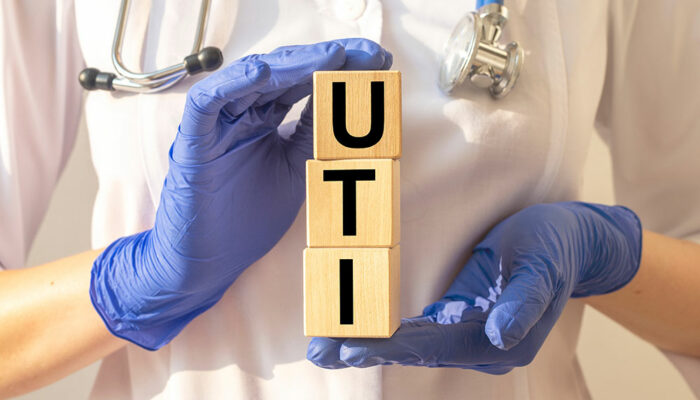
4 Human Foods That Are Safe for Cats to Eat
It is really hard to ignore your pets when they come and sit right next to you at the dining table, hoping to get a nibble or two from your plate. But have you stopped and wondered which human foods are actually safe and harmful for cats, you’ve come to the right place. Some human foods can prove to be toxic to cats. Here are a few foods that are safe for cats.
1. Meats and seafood
Cats are primarily carnivores, so they will enjoy munching on a variety of lean meats. But note that you must never give them raw meats. Cooked chicken and turkey are popular alternatives to healthy cat treats that you can provide from time to time. Cooked beef, liver, lamb, and a few deli meats are also safe cuts to add to their foods. Moreover, if you thought cats go crazy over catnip, you haven’t really explored a lot of seafood options lately. Cats love salmon and tuna. But again, never feed them raw seafood like sushi. Fish are additionally rich in omega-3 fatty acids that help reduce the risk of heart problems, kidney disease, and even arthritis among cats.
2. Fruits and vegetables
As a secondary option, fresh fruits and cooked vegetables are also acceptable substitutes for various healthy cat treats. You can feed your kitties some delicious slices of apple but only after removing the skin. A handful of frozen berries can provide for the vitamin A and C requirements; fresh pumpkin is high in fiber and low in calories and is perfect for aiding digestion and promoting better stool movement. Pumpkin can be added to a number of homemade treats. Additionally, bananas are a rich source of potassium and soluble fibers that help replenish daily nutrition requirements. Cantaloupes are rich in beta carotene and antioxidants deemed good for a cat’s eye health. Cooked spinach, peas, asparagus, steamed broccoli, and fresh cucumber are acceptable choices among veggies to feed your furry friend.
3. Eggs and dairy products
Eggs are a rich source of protein and B vitamins, making them the perfect substitute for meaty treats. But be sure to cook the eggs (be it scrambled, boiled, or baked) before serving. Consuming raw eggs increases the risk of salmonella, among other known food-induced disorders. Similarly, cats can also munch on dairy products like cheese as a snack. Swiss cheese, gouda, and cheddar are popular varieties of hard cheese that are rich in calcium and protein. Cut them up in small cubes or incorporate them into homemade treats.
4. Whole grains
Many store-bought cat treats are made with whole grains, so exploring a few options for some homemade recipes is safe. Oatmeal, for example, is easy to prepare and packs a lot of protein. Ground cornmeal and polenta also add a nice texture to most homemade cat tidbits and treats. Cats also love to munch on barley, rice, millet, or couscous properly cooked and mashed and further supplement their wholesome nutrition.



